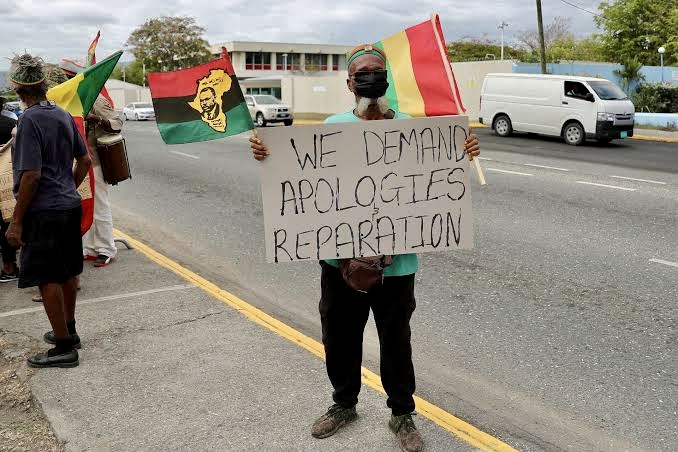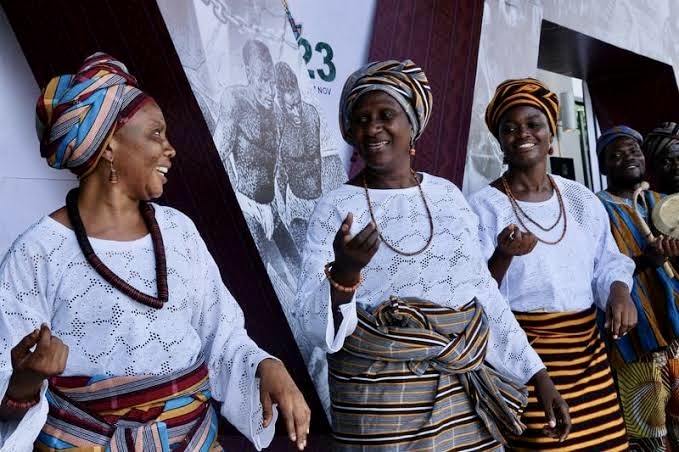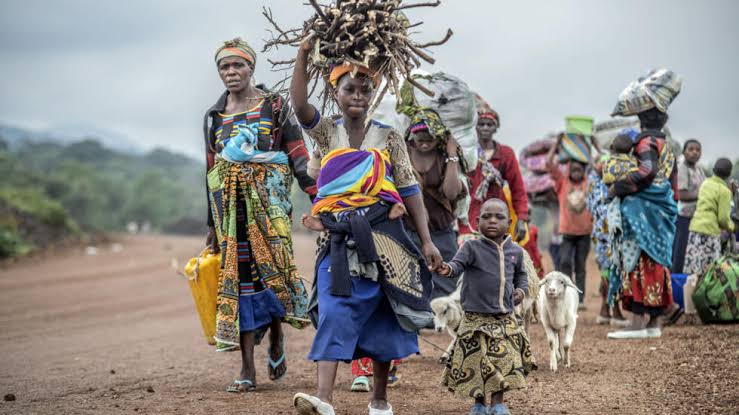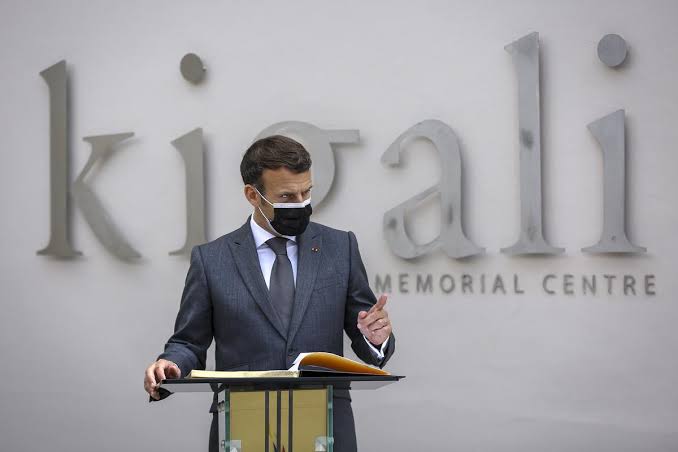
Faith Nyasuguta
The international community is witnessing a groundswell of support among African and Caribbean nations for the establishment of an international tribunal aimed at addressing the historical injustices stemming from the transatlantic slave trade.
Spearheaded by the United States and backed by a UN panel, this initiative represents a pivotal moment in the global pursuit of reparatory justice.
The call for reparations has gained significant traction in recent years, fueled by a growing recognition of the enduring legacies of slavery and colonialism. At the forefront of this movement are African and Caribbean nations, which have long borne the brunt of systemic inequality and racial discrimination.
With the backing of the United States, these nations are advocating for a formal mechanism to address the atrocities of the past and pave the way for a more equitable future.
Last year, the proposal for an international tribunal garnered widespread support within the UN Permanent Forum on People of African Descent, marking a crucial step forward in the reparations movement. Building on this momentum, advocates have intensified their efforts to rally support from regional bodies such as Caricom, which represents 15 member states in the Caribbean.

Led by Vice-Chair Eric Phillips, the slavery reparations commission within Caricom has played a pivotal role in advancing the agenda for reparatory justice.
The scope of the proposed tribunal extends beyond mere acknowledgment of historical wrongs; it seeks to establish a legal framework for addressing the complex issues surrounding reparations.
Modeled after other ad-hoc courts, such as the Nuremberg trials, the tribunal aims to hold accountable those responsible for perpetrating atrocities during the transatlantic slave trade era. By providing a platform for truth-telling and reconciliation, the tribunal seeks to address the root causes of systemic inequality and racial injustice.
However, the path to establishing an international tribunal is fraught with challenges. Chief among these is securing the cooperation of nations that were complicit in the slave trade and navigating the intricate legal landscape surrounding reparations claims.
Unlike contemporary conflicts, the perpetrators of historical injustices are no longer alive, making it difficult to ascertain responsibility and determine appropriate remedies. Moreover, the issue of reparations remains a contentious topic, with some nations, such as the UK, advocating for alternative approaches to addressing historical wrongs.
Despite these challenges, proponents of reparations remain undeterred in their quest for justice. They argue that Western nations and institutions that continue to benefit from the exploitation of enslaved peoples bear a moral and legal responsibility to provide reparations.
Moreover, they contend that reparations are essential for addressing the ongoing legacies of slavery, including systemic racism and economic disparities.
Central to the reparations movement is the recognition of the interconnectedness of historical injustices and present-day inequalities. As UN studies have shown, the enduring consequences of slavery are evident in the pervasive racial discrimination and economic marginalization experienced by people of African descent.
By confronting the root causes of these injustices, the proposed tribunal seeks to create a more just and equitable world for future generations.

The push for reparations has garnered widespread support across the African diaspora, with leaders from Ghana to Grenada voicing their endorsement of the tribunal. In Ghana, President Dickon Mitchell has pledged full support for the tribunal, describing it as a Caricom-led initiative aimed at addressing historical wrongs.
Similarly, Nigeria, Africa’s most populous nation, has expressed its backing for the tribunal, signaling a united front among African nations in the quest for reparatory justice.
In addition to garnering support from African and Caribbean nations, advocates for the tribunal have sought to build broader backing within the international community.
Howard University law professor Justin Hansford, backed by the US State Department, has been instrumental in lobbying for support at the UN General Assembly. Hansford’s efforts have focused on engaging with key stakeholders and rallying support for the tribunal’s establishment.
While the United States has thrown its weight behind the UN forum on slavery reparations, its stance on the tribunal remains contingent on its establishment. Similarly, the UN has voiced support for reparations, recognizing the need to address historical injustices. However, formalizing a tribunal requires navigating diplomatic complexities and garnering broad international consensus.
As momentum builds for an international tribunal, the quest for truth, accountability, and restitution remains central to advancing the cause of justice and reconciliation. The proposed tribunal represents a historic opportunity to confront the legacies of slavery and colonialism and chart a path toward a more inclusive and equitable future.
By acknowledging the past and seeking redress for historical wrongs, the international community can pave the way for a more just and peaceful world for all.
RELATED:




